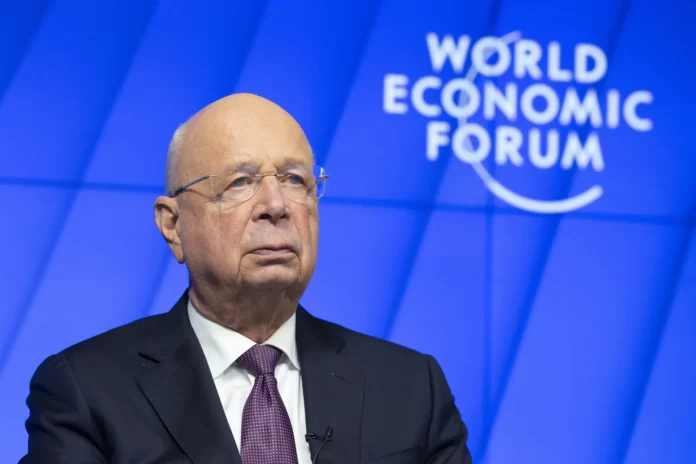Klaus Schwab, the founder of the World Economic Forum (WEF), has resigned as chair of its trustees, marking the end of an era for the organization.
Schwab, 87, who has been the face of the WEF’s annual gathering in Davos for decades, announced his decision to step down with immediate effect as he enters his 88th year. The WEF did not specify the reasons for his resignation but confirmed that Schwab’s departure was accepted at an extraordinary board meeting on April 20.
In the interim, Vice Chairman Peter Brabeck-Letmathe will serve as the acting chair while the search for a successor begins.
Schwab established the WEF in 1971 with the goal of providing a platform for political and business leaders to discuss global issues. Over the years, the Davos summit became a symbol of globalization, attracting policymakers, CEOs, and celebrities to Switzerland each January.
However, the event has increasingly faced criticism in recent years, with detractors from both the political left and right accusing it of being an elitist gathering disconnected from the concerns of ordinary people.
The WEF, headquartered near Lake Geneva, has also grappled with internal challenges. The Wall Street Journal reported last year that the forum’s board was investigating allegations of harassment and discrimination within the organization, though the WEF has denied these claims.
Additionally, the forum has faced mounting pressures from geopolitical tensions, particularly following the 2022 Russian invasion of Ukraine and the rise of protectionist trade policies in the U.S.
Schwab, a proponent of globalization, predicted the backlash against it long before the election of Donald Trump and Brexit in 2016. In a 1996 opinion piece, Schwab and colleague Claude Smadja noted the rising discontent in industrial democracies, attributing it to the negative effects of globalization.
This discontent, they argued, contributed to the rise of populist leaders. Despite these challenges, Schwab’s resignation marks a significant turning point for an institution that has long been associated with the global economic order.




